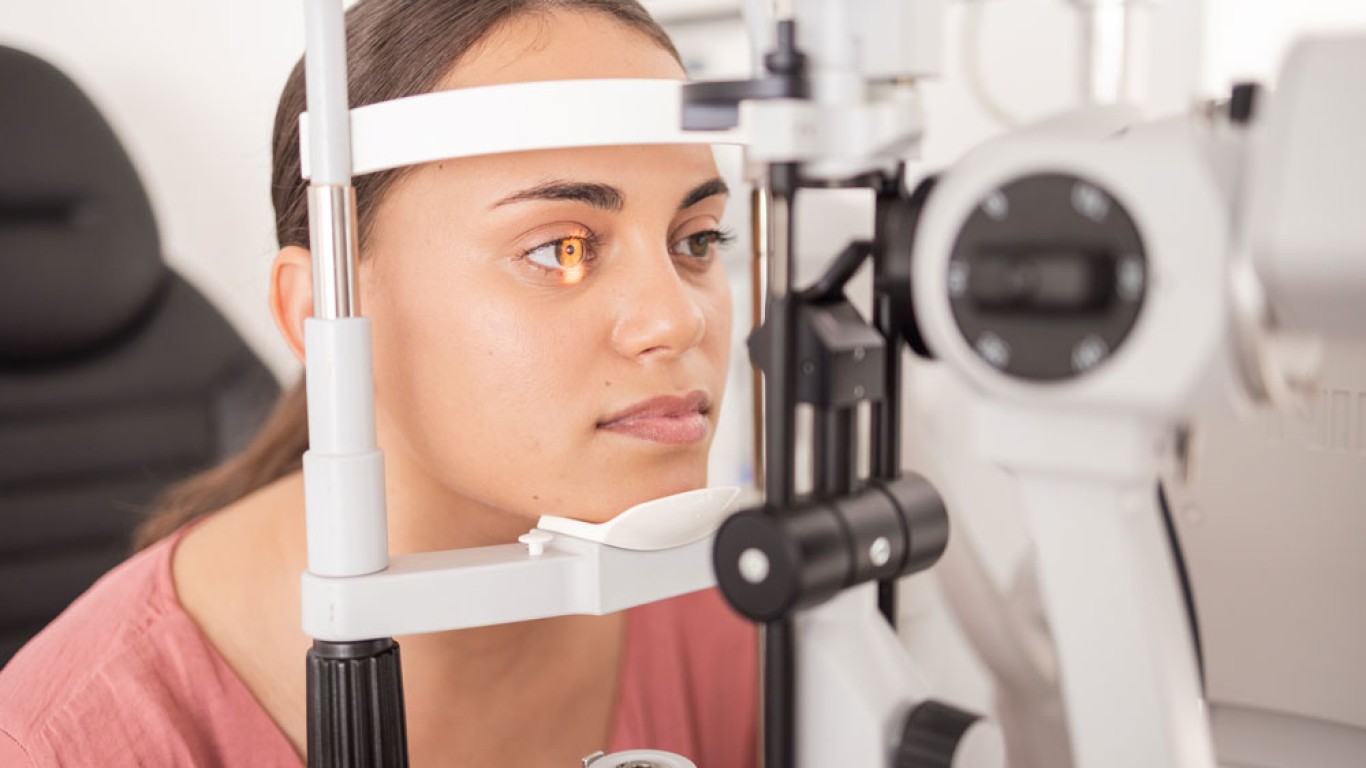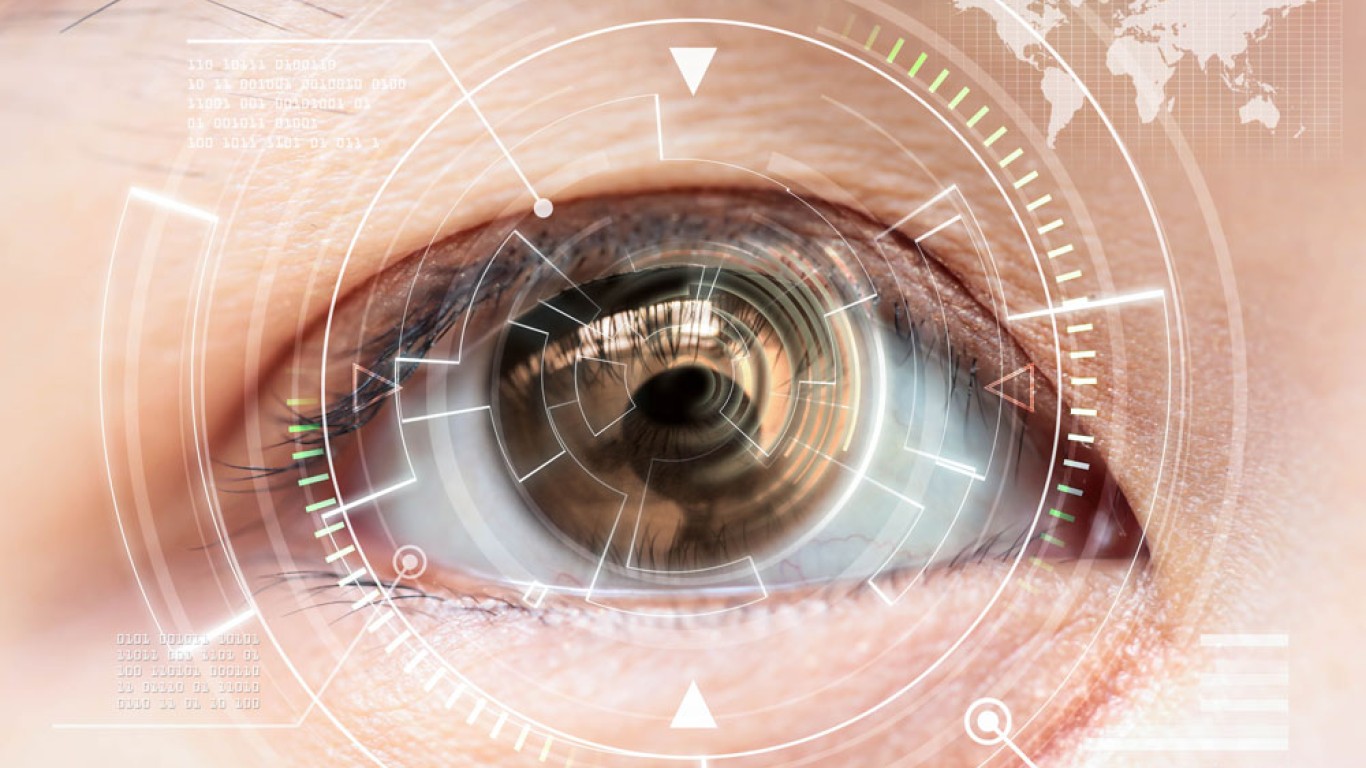Introduction
Excimer laser technology has revolutionised various fields, from medicine to manufacturing. They are a pivotal technology in the field of vision correction. This is due to their precision and minimal damage to surrounding tissue. They revolutionise how eye surgeries are conducted to correct refractive errors. The term "excimer laser" refers to the use of ultraviolet lasers made from noble gas and halogen compounds. These lasers are capable of precisely altering the shape of the cornea. This article delves into the workings, benefits, and considerations of using excimer lasers. Specifically focusing on their applications in vision correction.
What is Excimer Laser?
The term ‘excimer laser’ refers to a form of ultraviolet laser. It emits ultraviolet B (UVB) light typically at 193 nanometers to precisely remove tissue. It does so without heating or damaging surrounding areas. Therefore it is crucial in procedures requiring intricate detail and minimal thermal damage. Excimer stands for ‘excited dimer’, denoting the stimulated molecules that generate the laser light.
How Does Excimer Laser Work?
Excimer lasers produce concentrated light in the ultraviolet (UV) range. This light can precisely remove or sculpt tissue without heating. For this reason, it is ideal for sensitive operations. In eye surgery, it reshapes the cornea, correcting vision problems like myopia or astigmatism.
In vision correction, excimer lasers are primarily used in procedures like LASIK (Laser in-situ Keratomileusis) and PRK (Photorefractive Keratectomy). These procedures aim to reshape the cornea. They aim to correct myopia (nearsightedness), hyperopia (farsightedness), and astigmatism. This improves the eye's ability to focus. The precision and controlled intensity of excimer lasers make them ideal for delicate procedures.
Applications of Excimer Laser in Eye Surgery
LASIK: Primarily, they're pivotal in refractive eye surgeries like LASIK, enhancing vision clarity. During a LASIK surgery, a small flap is made in the cornea. A microkeratome or a femtosecond laser is used. The flap is lifted, and the underlying corneal tissue is reshaped using the excimer laser. After the cornea is reshaped, the flap is repositioned without the need for sutures.
PRK: The excimer laser is used directly on the surface of the cornea rather than underneath a flap. The outer layer of the cornea (epithelium) is gently removed. Then the underlying layers are reshaped using the laser. This procedure is often chosen for patients with thin corneas or other corneal irregularities.
Benefits of Excimer Laser
- Precision: Excimer lasers offer high precision in medical procedures. Allows for accurate targeting of areas needing treatment.
- Minimal Side Effects: Reduces the risk of thermal damage to surrounding tissues, promoting faster recovery.
- Life Changing Benefits: In eye surgery, they provide significant improvements in vision, often eliminating the need for glasses.
- Versatility: Modern excimer lasers are equipped with sophisticated software. This allows the surgery to be customised to the individual’s specific refractive error. It enhances the likelihood of achieving 20/20 vision or better.
- Short Treatment Time: Sessions only normally last around 10-15 minutes. The non-invasive nature of many excimer laser treatments translates to less downtime for patients.
- Rapid Recovery and Results: Patients often experience significant improvement in vision soon after surgery. Many return to normal activities within a day or two.
Procedure Steps
The specifics vary by application but generally involve:
- Preparing the target area
- Calibrating the excimer laser to the precise settings for the procedure
- Applying the laser treatment meticulously to the affected area
Cost Considerations
The cost of excimer laser treatment varies depending on the procedure's complexity and geographical location. In medical settings, insurance may cover some applications. Vision correction surgeries like LASIK are investments in eyesight. Prices will reflect the technology's sophistication and the surgeon's expertise. In Turkey, competitive healthcare markets can offer more affordable options without compromising on quality.
Choosing the Right Provider
When considering excimer laser treatment, selecting a qualified and experienced professional is crucial. Look for practitioners with specific expertise in the excimer laser application you're interested in. ACIBADEM Beauty Center provides top-quality surgeons with extensive experience. They can put you at ease throughout any laser treatment. For more information on Excimer Laser please visit the ACIBADEM Beauty Center webpage.
Conclusion
Excimer lasers have transformed the landscape of vision correction. They provide a precise, reliable, and efficient method for correcting refractive errors. As technology continues to advance, the laser's capability and safety will improve. This will offer hope to millions seeking freedom from glasses and contact lenses.
Frequently Asked Questions
Most patients experience minimal discomfort, often described as a slight stinging sensation.
Recovery times vary by treatment type, but many procedures have minimal downtime.
Yes, when performed by trained professionals, they're considered very safe with few side effects.
The number of sessions required for excimer laser treatments can vary greatly. This depends on the specific condition being treated. The individual's response to being treated also affects this.















